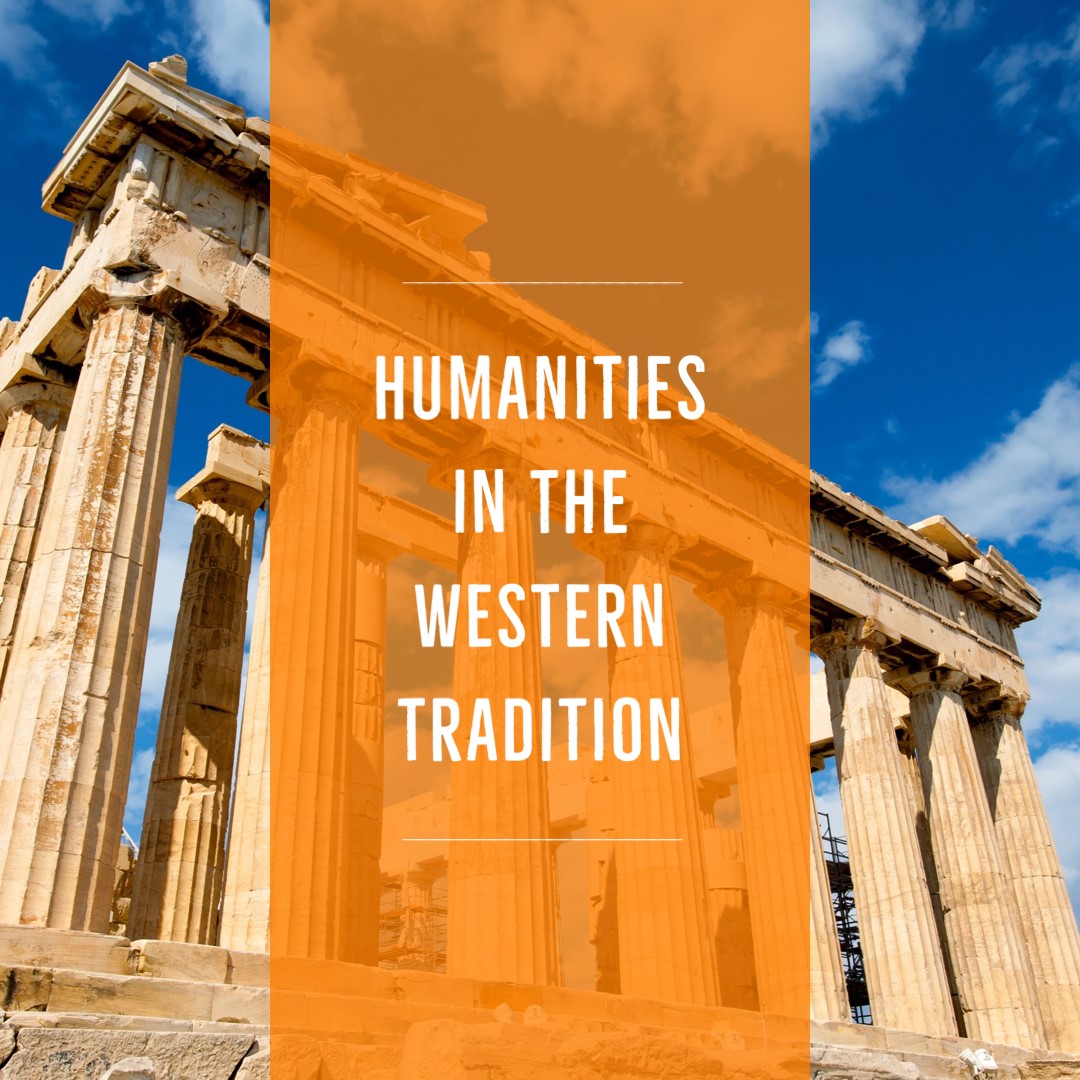Humanities in the Human Tradition
|
|
Grant Recipients:Rose Eichler, Professor of Instruction, Department of History Faculty Adoptions:Rose Eichler, Professor of Instruction, Department of History |
$Savings to Date |
|
Number of Students Benefited |
$Previous Course Material Cost |
Project Synopsis:
Humanities in the Western Tradition enrolls approximately 550-625 students per semester - this includes face-to-face, online, and hybrid classes. Previously, we had used a custom published book and 3 ancillary works. The total price of these books was substantial (between $165-$175). We tried to curb costs by using an inclusive access program through a large publisher, which proved to be quite difficult. Adopting open source works not only saves students money, it allows for flexibility among the various faculty involved in the course and makes changing and/or adding supplementing readings easier; therefore, keeping the course fresh for both students and faculty. In addition, employing open source works eliminates the oft-times stressful experience students encounter while attempting to sell their books to the bookstore. I've been interested in exploring open textbooks for some time (especially, since developing the online version of Humanities).
52.38% of the students surveyed indicated they would have been unlikely to purchase the textbook for this course if the course was not open.
100% of the students surveyed said that we should continue utilizing open textbooks / resources for this course.
Quotes from Students:
“We had readings posted rather than a textbook. But for a student who struggles to purchase textbooks it made the course less stressful and the reading were online so I didn’t have to worry about failing the class due to financial struggle.”
“I am a single mother and adult learner. Many times I do not purchase the books due the expense and home commitments.”
“Coming from a student who is out of state, being able to take this course and not have to pay for the require text, on top of many others, this has saved me a lot of money and stress. I think this is probably the smartest thing University of Akron has done since my first year here.”
“Having the readings available to me online for free made them much more accessible, as I was able to access them from any device, as well as much more affordable as I did not need to buy a textbook.”
“It’s not that I wouldn’t have purchased it, it's that $150 is a lot for a college student trying to work and pay bills and go to school. I would’ve purchased it because I had to have it, but having it readily available in this way was truly exceptional”
Quotes from Faculty:
“As a result of the work that was completed in this project, what are your thoughts regarding overall course quality and design?”
- “Overall, I think the quality is the same or perhaps better. There are a few works that I haven’t yet found or the available sources are not great. In that case, I’ve substituted comparable, and in some instances I feel better, readings. In addition, using open resources makes it easier to change or add readings during the semester.”
Was this project worth your time? Why or why not?
- “Yes it was. I’ve heard from numerous students that they really appreciate not having to buy books. Many do not have the money - especially, at the start of the term if they are waiting for a student loan. The use of open resources also eliminated a variety of excuses students have used for not being able to purchase or find the correct books. Perhaps equally important is that this project forced me to look at the readings used in the course and rethink some of them.”

